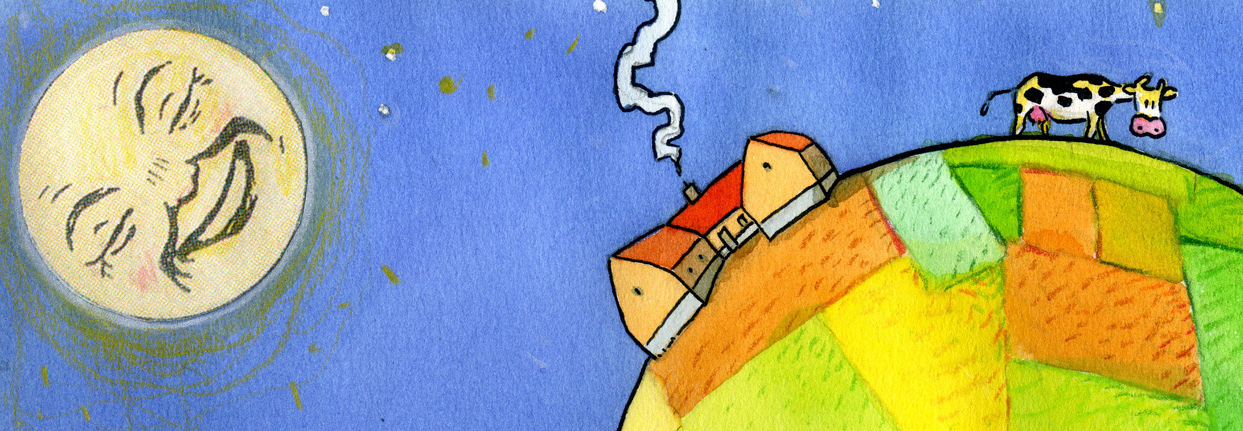Djibouti is characterised by a hot to very hot, semiarid climate and is one of the most water scarce countries of the world. Drinking water is rationed and expensive and water for irrigation is not available in sufficient quantities and its quality is deteriorating. The growing population puts considerable pressure on the renewable groundwater resources of the city with, as a result, increasingly widespread coastal saline intrusion into the aquifer. At the same time, Djibouti is experiencing a steadily decreasing rainfall with drought periods that last longer and occur more frequently. Also the air temperatures are raising leading to increased levels of evapotranspiration. These phenomena are affecting agricultural and horticultural production and ultimately leading to increased food insecurity in the country.
The planned GCCA intervention, “Integrated Investment Programme for Water Sanitation and Solid Waste Management”, will develop an appropriate water reuse scheme making optimal use of the reclaimed water resources generated by the WWTP in Douda, thus aiming at an increased resilience to climate change amongst the local population. The main application of the water reuse scheme should be for the irrigation of horticultural gardens and agro-sylvo-pastoral systems in the surroundings of the WWTP.
In view of an efficient start of the activities under this GCCA project, there was need to undertake a preliminary study aiming to develop the plans for the water reuse scheme of Douda. Prioritisation of water reclaims allocation was based on the potential to mitigate adverse climate change effects and the potential to reduce poverty.
Client: ACP Secretariat
Location: Djibouti
Period: 10-11/2012

